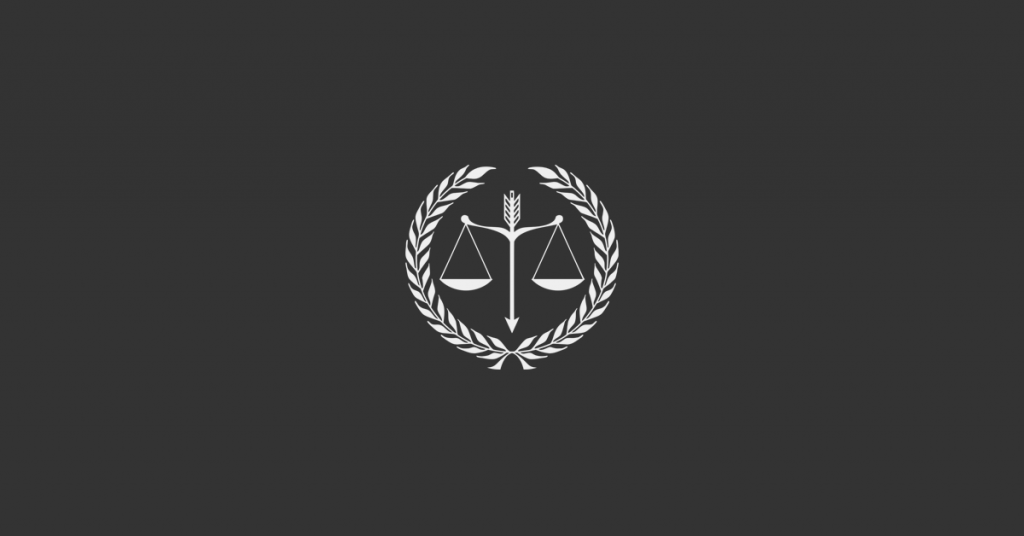After a person is arrested and or charged with some particular illegal activity, a pretrial hearing is often scheduled. A pretrial hearing is a session with the judge that occurs before trial. There is a number of reasons for a pretrial hearing. The pretrial hearing is an accused person’s last court appearance for a criminal charge before the case goes to trial. At this hearing, the various participants, mainly the district attorney and the defense lawyer, generally have acquired whatever information they believe that they need to fully negotiate and navigate the case, including information from the crime victim and witnesses.
Activities and Events that Occur at a Pretrial Hearing
To negotiate the case, the prosecuting attorney will have gathered and considered the following points:
- The severity of the crime; its impact upon the victim; its impact on the community;
- Background and criminal history of the accused / defendant;
- Demographics of the accused; the defendant’s age and physical and/or mental health;
- Defendant’s willingness to admit guilt; does the defendant express genuine remorse;
- Defendant’s willingness to make reasonable restitution;
- Victim’s feelings in how the case should be handled;
- The likelihood of conviction at trial.
What Does Disposed Mean In A Court Case?
If the parties are unable to resolve the case by negotiation, the pretrial occurs, and a trial date will be set. Negotiation between the prosecutor and the defense can continue pending trial and often continue during the trial. The process of the pretrial hearing begins with an agenda, the reasons for having the pretrial. Most cases are brought to the court because of a conflict in a process of a legal event, like a divorce or a settlement over seemingly basic issues and these can often be solved without a formal trial. Both parties and their respective lawyers must be present to be near the judge who needs to mediate this discussion.
If one wants an experienced lawyer present in the local process who may know the judge involved and one abides in a particular city or jurisdiction, then a good idea is to have a local legal action or criminal attorney who will most certainly see that the client has the legal power to help if one needs it. Most trial cases of criminal activities in which the accused usually expresses a plea occur in the pretrial hearing, always outside the court trial. Many things can be discussed during this hearing, which can be later used in the court if required.

A client needs to understand the details of a pretrial hearing, explained by their criminal attorney primarily because a judge is present. The judge often lays down some basic rules before the trial actually starts. It is purposeful for the attorney to manage any discussions that occur without damaging the situation of the client. Experts explain that there have been situations where the pretrial hearing has even solved the case without a trial. For this simple reason, a pretrial hearing is preferred by many people.
An accused person will not necessarily be facing jail time at the pretrial hearing. The Judge must make sure the accused understands the charges, explain the rights the accused has in the particular situation the accused is in, explain the type of sentence and penalty the accused faces, and will discuss bail, release, or custody with the accused.
